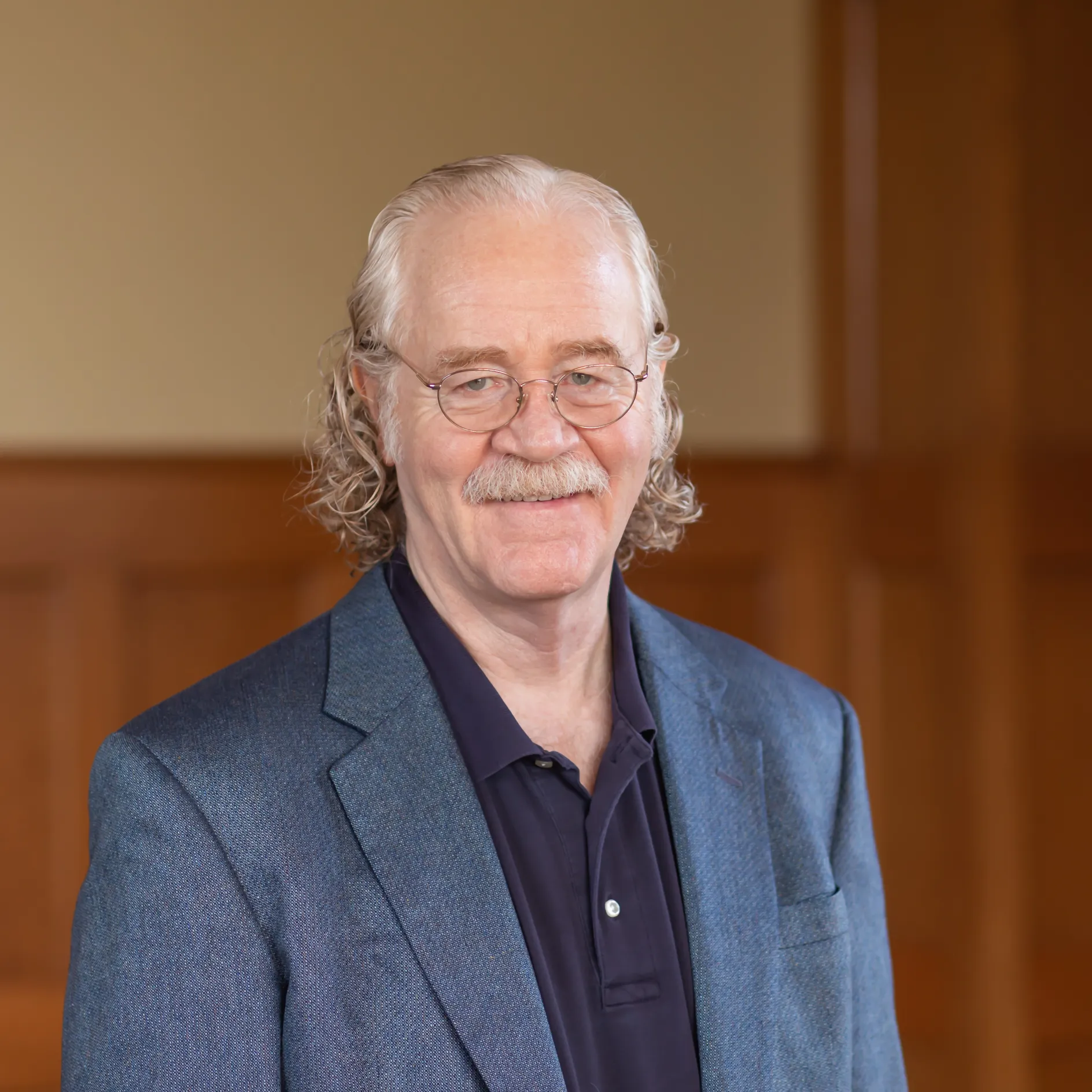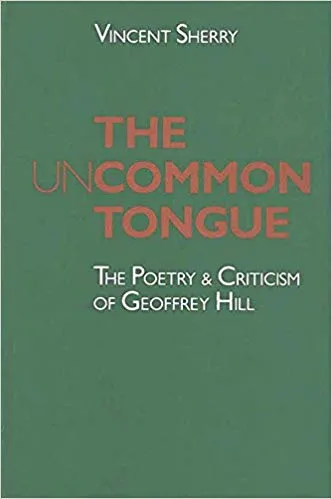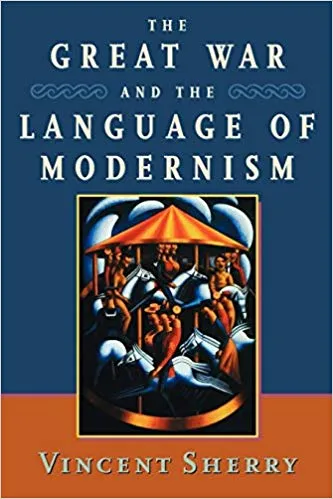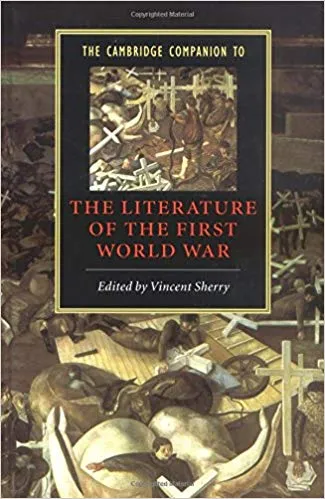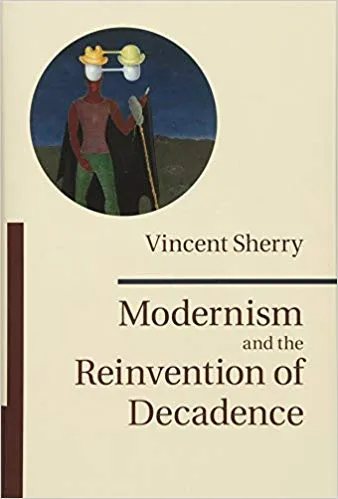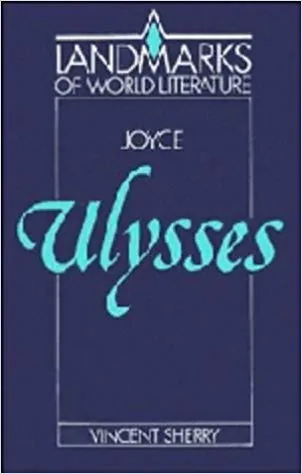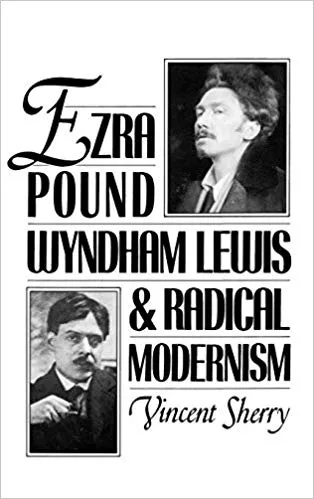Professor Sherry teaches and writes about literary modernism in Britain and Ireland. Throughout his career, he has focused on bringing a historically informed understanding to the modernist project.
Vincent Sherry teaches and writes about literary modernism in Britain and Ireland. He concentrates on the art of modernism in relation to the First World War, to European politics in the interwar period, and to the literary and artistic legacy of late 19th century Decadence. Most recently, he has served as Editor of the Cambridge History of Modernism (Cambridge UP, 2017), a work of nearly 1000 pages, which, in 45 chapters, provides a comprehensive history of the major cultural productions of modernism, featuring not only its literature but also its music, visual arts and architecture, philosophy, and science.
Professor Sherry’s own work is also historically informed, but it is open to theoretical and topical approaches, which range from the politics of aesthetics to gender and science. For example, in Ezra Pound, Wyndham Lewis, and Radical Modernism (Oxford UP, 1993), he develops a framework of analysis that reveals the literary and artistic bases of these modernists’ attraction to—and tragic misunderstanding of—European fascisms. Along similar lines, in The Great War and the Language of Modernism (Oxford UP, 2003), he recovers the substance of the debates within the British Liberal party on the ethics and rationale of the war. He locates a crisis that drives deep down into the intellectual traditions of liberal modernity and, in this dissonance, establishes the provocative circumstance for some of the most important literary inventions in British modernism.
He broadens this historical perspective on the literature of the war to an overview of pan-European and trans-Atlantic writing in the Cambridge Companion to the Literature of the First World War (Cambridge UP, 2005), for which he was Editor. In the same frame of reference, his current research involves work on A Literary History of the European War of 1914-1918, currently under contract to Princeton UP, which puts the literatures of the various national protagonists in the war (Britain, Germany and Austria, France, and Italy) into conversation with each other.
This broadly European frame of reference appears in the backgrounds to his most recent book, Modernism and the Reinvention of Decadence (Cambridge UP, 2015), which follows the legacy of nineteenth-century French Décadance in English modernism. Mapping out the main lines of continuity and change over the long turn of the century, he tracks these writers’ varied but shared feelings about living in what they perceive to be a late day of history: their presentiments about the waning energies of nation and empire and their concerns about new scientific ideas of entropy, especially as these notions relate to the decay of language.
Other work in literary modernism includes James Joyce: Ulysses (Cambridge UP, 1995; 2d ed. 2005), which presents a reading of Joyce’s monumental novel in the contexts of Irish modernism, Irish history, and the history of the novel. He has also written The Uncommon Tongue: The Poetry and Criticism of Geoffrey Hill (Michigan UP, 1987), which examines this contemporary British poet’s relation to poetic modernism as his most important precedent and legacy.
